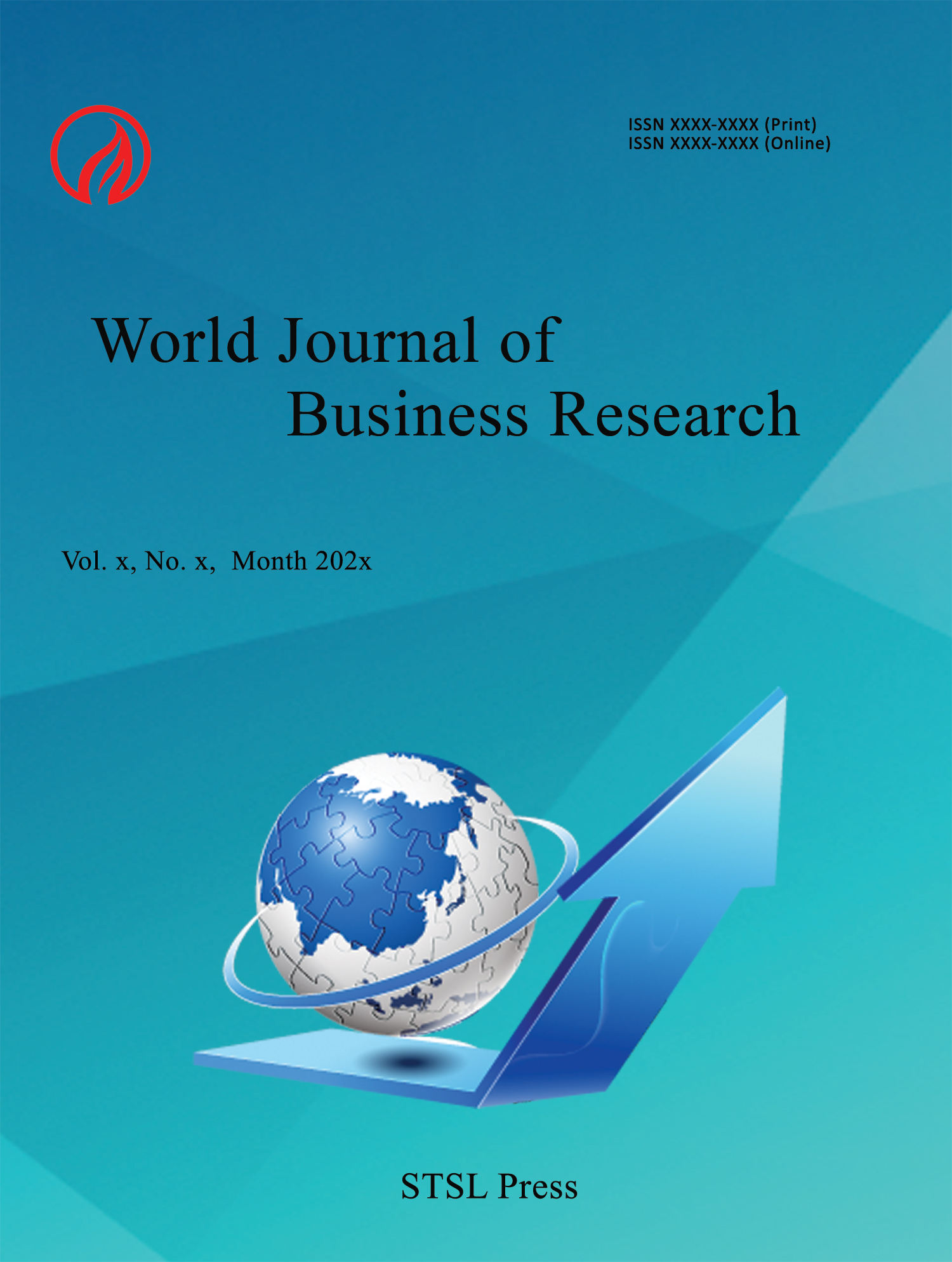Research on the International Legal Compliance and Accountability Mechanism of Fukushima Nuclear Pollution Water Discharging into the Sea in Japan
Yang Bowen
Zhou Lihan
Abstract
The decision of the Japanese government to discharge Fukushima’s treated nuclear-contaminated water into the sea is not merely a domestic policy but a critical international legal issue impacting global marine ecology and legal order. This article analyzes the legality of Japan's actions under international law. Firstly, it analyzes Japan’s obligations under core international environmental law principles: the precautionary principle and the duty to prevent transboundary environmental harm. Secondly, it assesses compliance failures in Japan’s discharge plan--procedurally and substantively--under key treaties: the UN Convention on the Law of the Sea, the London Convention on Dumping, and the Convention on Nuclear Safety. These failures indicate potential breaches of international legal obligations. Finally, it explores accountability mechanisms and remedies for affected states, including state responsibility, cross-border environmental damage claims, and international judicial proceedings.
Paper:
pdf
DOI:
https://doi.org/10.71002/wjbr.v5n3p24
 This work is licensed under a
Creative Commons Attribution 4.0 License.
This work is licensed under a
Creative Commons Attribution 4.0 License.
Contact us
- Colin Garcia
- wjbr@stslpress.org
